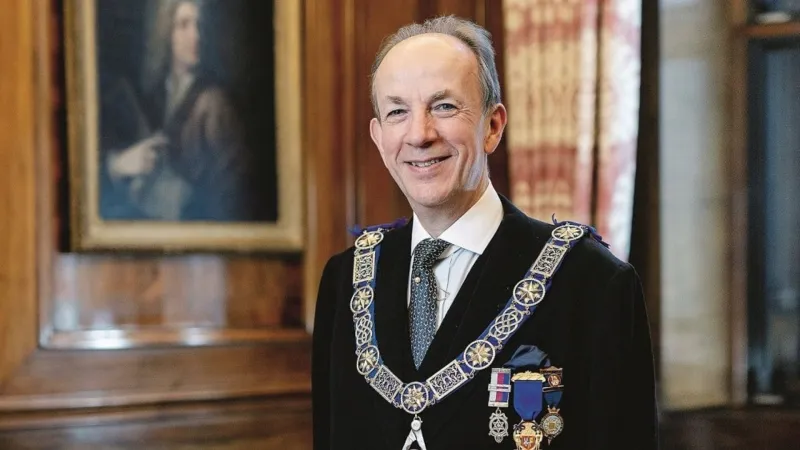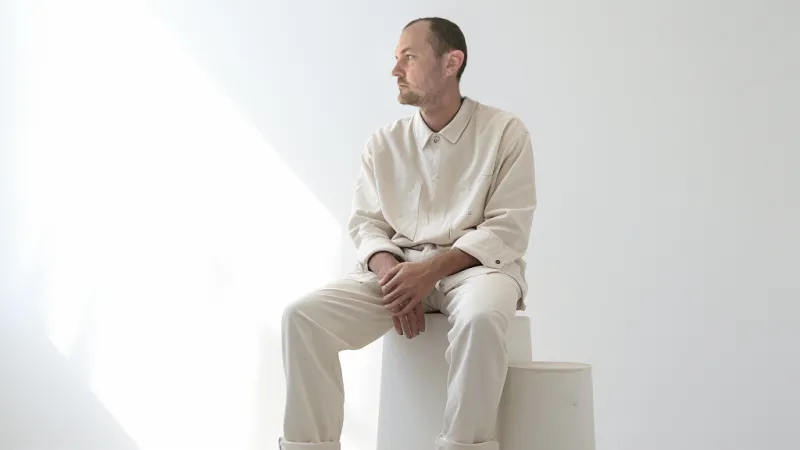
Statistics suggest that 1.1 per cent of the population has an autism spectrum disorder. However, many experts believe this to be a considerable underestimate.
Autism is more commonly diagnosed in boys than girls by a ratio of four to one (although girls’ experience of autism is being brought into the open more and more, with many being diagnosed later in life), while many more go undiagnosed. It’s no surprise then, that the services provided by charity Resources for Autism are oversubscribed, leading to long waiting lists. That’s why support for the charity from the Provincial Grand Lodge of Warwickshire through the Masonic Charitable Foundation (MCF, the Freemasons’ charity) is proving so vital.
Resources for Autism grew out of a playgroup established in 1997 by parents who were dismayed by the lack of services available for their autistic children. In the nearly 30 years since then, the charity has grown into a major provider of services for autistic people and their families in London and the West Midlands.
Some of the most popular services are its holiday play schemes and term-time clubs, providing friendship, fun, skills development and, most importantly, a place where autistic people are understood and accepted for who they are. Sometimes, though, families can reach crisis point when autistic behaviours become difficult or challenging for other members of the family – usually because of a lack of understanding of the behaviours or the triggers that cause them.
It’s for these times that Resources for Autism’s family support and behaviour professionals can really make a difference. They work with families to develop strategies for de-escalating situations and rebuilding relationships through behaviour management work, play therapy and family support. The charity also provides parents with valuable opportunities to come together and support each other, learn new approaches and to talk to specialists.

Thanks to generous funding from Warwickshire Freemasons, Resources for Autism has been able to continue and grow these services in the West Midlands. This practical experience also informs Resources for Autism’s training function, which reaches out to other organisations to help them develop their knowledge of autism and move from accommodation and acceptance to genuine inclusion of people with autism.
In discussions around this grant with other Freemasons, it has become clear that little is known about the prevalence of autism within Freemasonry, or how autistic members experience the organisation. Given the distribution of autism within the population, there might be many Freemasons who are autistic, whether diagnosed or undiagnosed.
On the face of it, there is much about Freemasonry that could attract autistic people, such as a strong sense of order and tradition, a culture based on clearly defined ritual, a focus on acceptance and brotherhood, or opportunities to meet people and interact in a controlled environment. There are examples of autistic people rising to high office within Freemasonry – including becoming Masters of their Lodges – but we have also heard anecdotal stories of others who feel that autism has held them back from achieving all that they could.
We are keen to explore the experiences of Freemasons who define as autistic or who have been diagnosed with autism, and to hear from anyone who wishes to share their experience.
Initial discussions have taken place with Resources for Autism around working with individual Lodges to discover ways in which their set-up and practices can be made more friendly to current and prospective autistic Freemasons.
If you would like to hear more about Resources for Autism and its work in London and the West Midlands with autistic people and those who love and care for them, or about how you can support their work, contact Nick Drew, head of fundraising: [email protected].
To discuss autism within Freemasonry, please contact Geoffrey Walker at [email protected]


